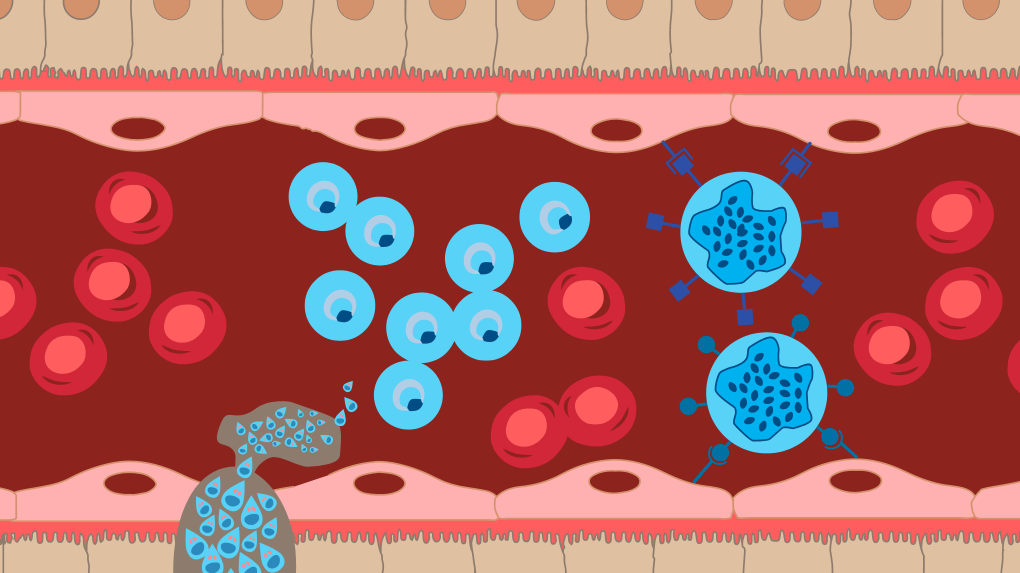
Dr. Anna Bachmann
Telefon: +49 40 285380-439
Fax: +49 40 285380-512
E-Mail: bachmann@bnitm.de
Telefon: +49 40 285380-264/269
E-Mail: presse@bnitm.de


Der komplexe Lebenszyklus und die meisterhafte Fähigkeit von Plasmodium falciparum sich der Eliminierung durch das Wirtsimmunsystem zu entziehen, stellen die größte Herausforderung bei der Bekämpfung der Malaria dar. Unser Labor konzentriert sich auf die Charakterisierung der Wirt-Parasit-Interaktion während (i) der Etablierung der Infektion beim Menschen, (ii) verschiedener Erscheinungsformen der schweren Malaria, und (iii) des Langzeitverlaufs asymptomatischer Infektionen. Zu diesem Zweck verwenden wir Proben von kontrollierten humanen Malariainfektionen (CHMI) oder natürlich infizierten Malariapatienten für genomweite Transkriptionsanalysen von Ex-vivo-Parasiten in Kombination mit serologischen und physiologischen Wirtsdaten.

Dr. Anna Bachmann
Telefon: +49 40 285380-439
Fax: +49 40 285380-512
E-Mail: bachmann@bnitm.de



Wir verwenden Cookies, um unseren Besuchern ein optimales Benutzererlebnis zu ermöglichen.
Datenschutzerklärung
So verstehen wir besser, wie Besucher unsere Webseite nutzen.
Damit wir online Karten von Google oder Baidu anzeigen können.
Wir benötigen diese, damit diese Seite einwandfrei funktioniert.

